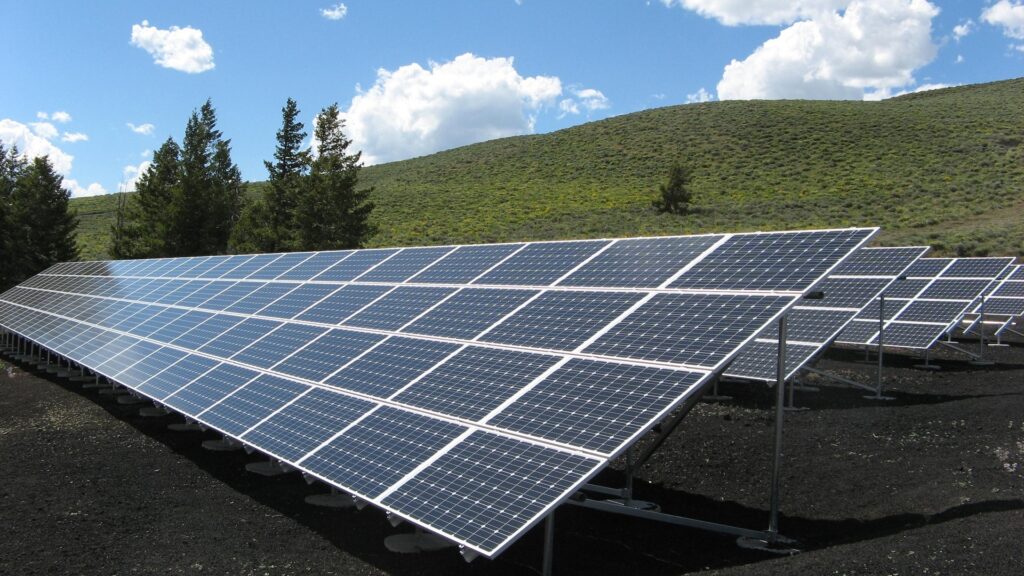When it comes to solar energy, the Indian government is quite supportive of solar panel installations. In India, there are a number of financial incentives and rebates for installing solar panels:
- Ministry of New and Renewable Energy (MNRE) Subsidy: Solar panel systems for houses and small businesses, as well as other forms of off-grid and decentralized solar electricity, are eligible for subsidies from the MNRE of up to 40% of the benchmark cost. Both people and organizations may apply for this subsidy.
- Generation-based Incentive: In India, solar energy producers may take advantage of a generation-based incentive (GBI) from the government. The program provides financial rewards to solar power producers according to the quantity of energy they produce.
- Capital Subsidy: When solar panels are installed on public buildings in cities, the Ministry of Urban Development offers a capital incentive of up to 30 percent.
- Tax Incentives: Owners of solar panel systems in India may take advantage of a number of tax incentives, including accelerated depreciation and freedom of customs and excise fees on solar energy equipment.
- Net Metering: Several Indian states now have “net metering” rules that let solar panel system owners sell any extra power back to the grid. They may be paid for the power they produce and save money on their utility bills in this way.
- Solar Financing: Purchasing a solar system is no different than purchasing a car or any other product. The widespread availability of loans and EMI choices has made it much simpler to acquire and maintain major assets like cell phones, automobiles, and houses.
The availability of federal, state, and local rebates and tax credits for installing solar energy systems may vary widely by both the time of year and the state in which the system is located. If you’re interested in installing a solar panel system in India, it’s a good idea to inquire with the government organizations in your area or find the solar dealer and distributor. LoomSolar, the best solar panel manufacturers in India opens the gateway for you to both benefits; first, you can install the best solar products to your solar panel system; second, you can get the rebates and subsidies for contributing in green energy from the government.
How can we use Solar Energy to run Electric Vehicles?
Solar energy can be used to charge electric cars in a number of ways:
- Solar panels on the car: Adding solar panels to the body of the vehicle is another possibility. These solar panels would soak up the sun’s rays and transform them into usable electricity for the vehicle’s engine. Because of its small surface area, solar panels on cars does not provide enough energy to completely charge the vehicle while running. That’s why there are more options below.
- Home solar systems: Installing solar panels on one’s roof is a great way for homeowners to create power, which can then be used to charge electric vehicles. To do so, one needs a solar panel system powerful enough to charge both the automobile and the house.
- Solar charging stations: Installing solar-powered charging stations is a viable option for parking lots and other locations with high concentrations of electric vehicles. Solar panels at these nodes soak up rays and send that energy to a battery bank for later use. As a result, the parked automobiles in the area may be charged through the battery system.
- Solar carports: Solar panels might also be mounted atop a carport or other vehicle shelter. This means that throughout the day, the panels may gather energy and store it in a battery system that can later be utilized to charge the vehicle’s battery.
The most important thing in any of these situations is having a mechanism to store the energy harvested from the sun and stored in the best lithium battery so that it can be utilized to charge the automobile when it is required. Battery systems are often used for this purpose because of their ability to store energy for later usage.


